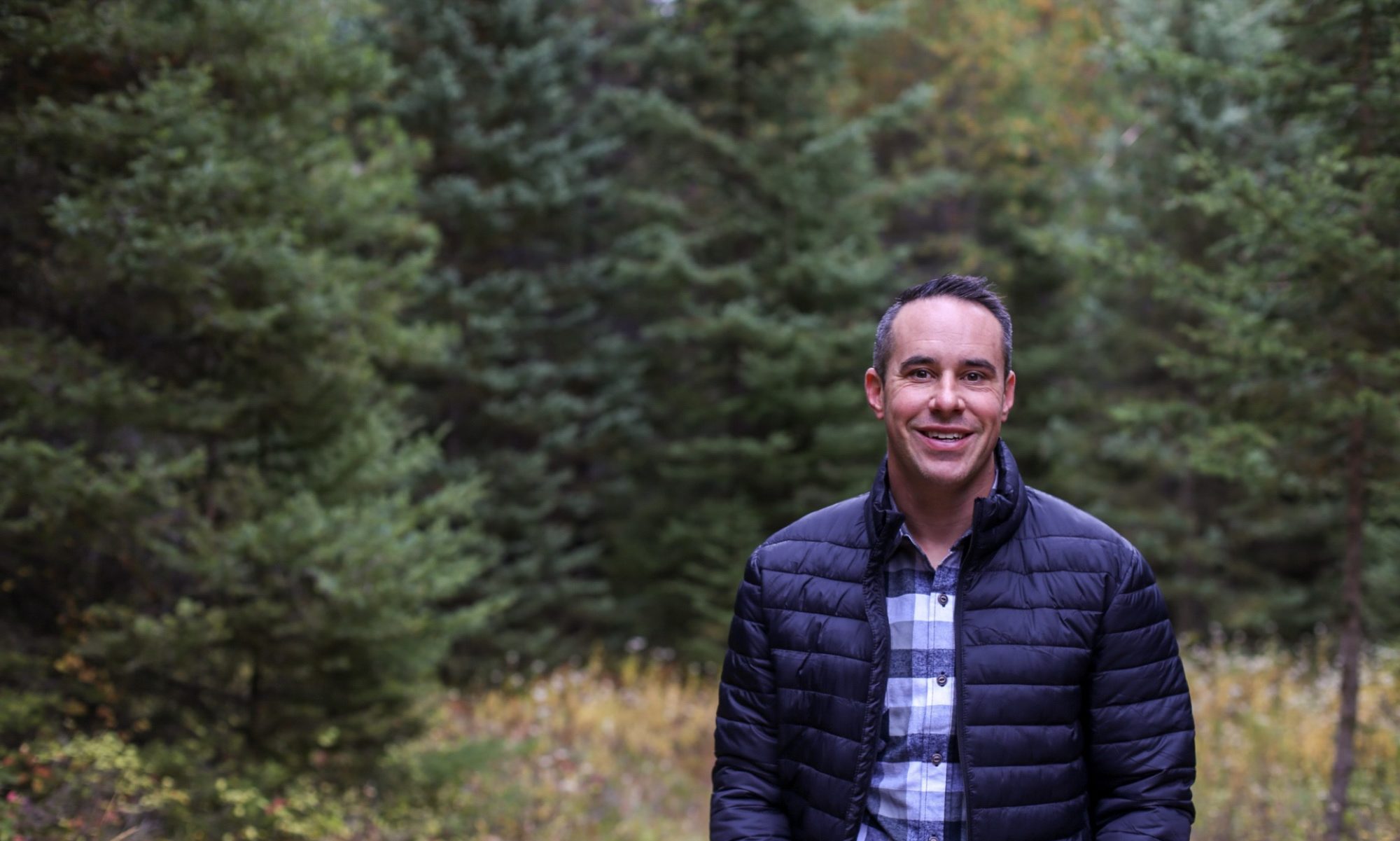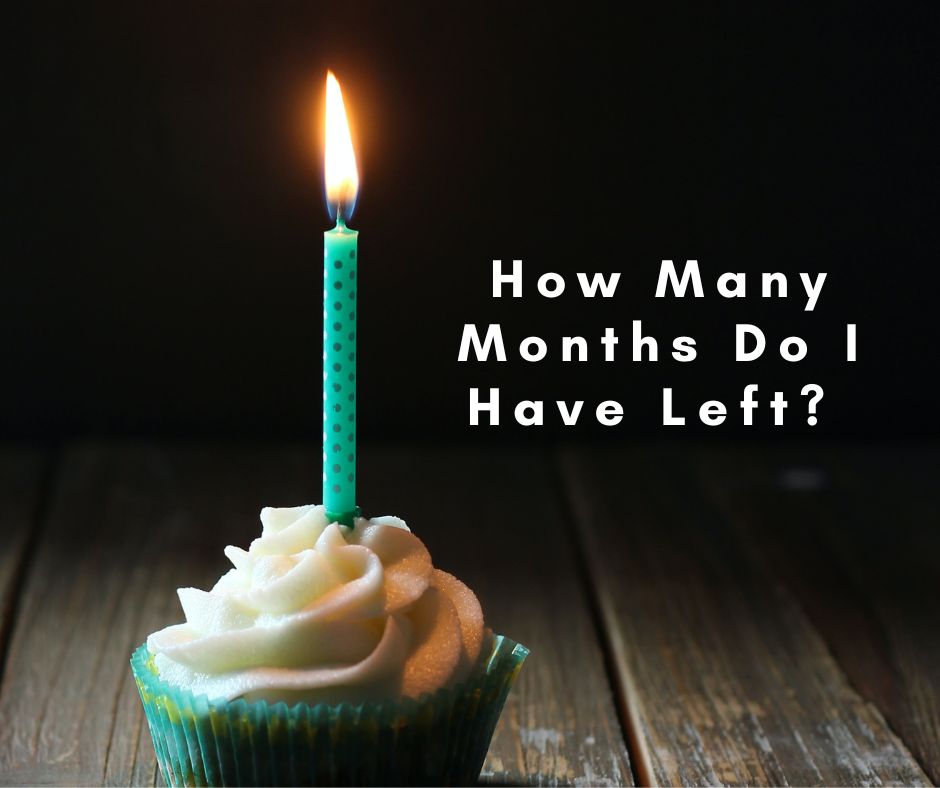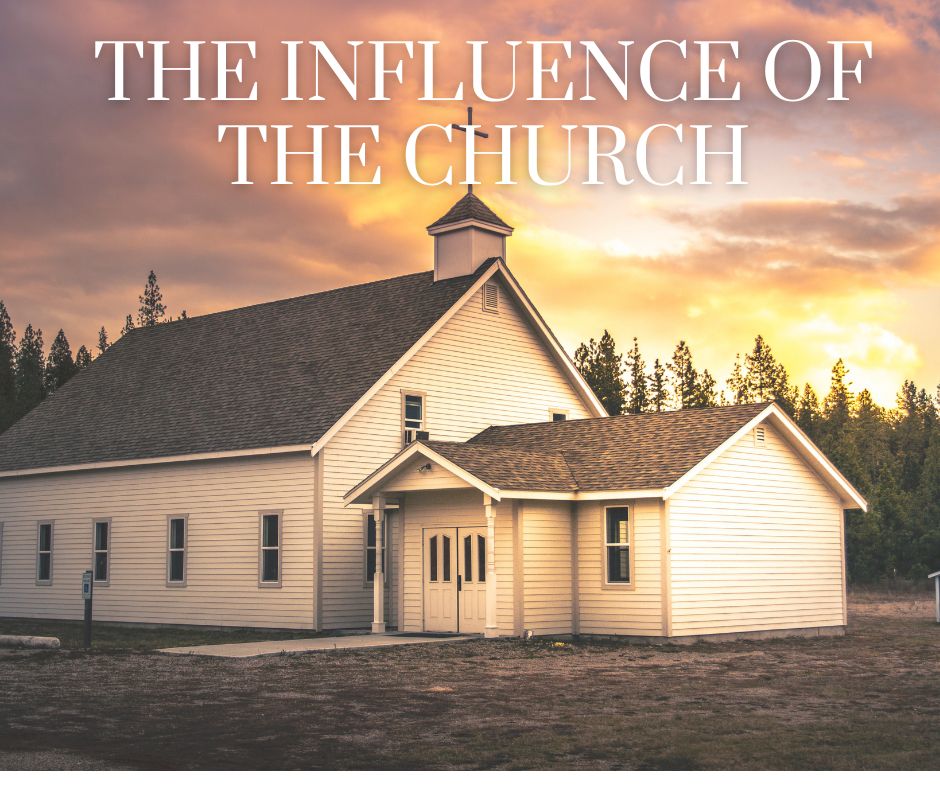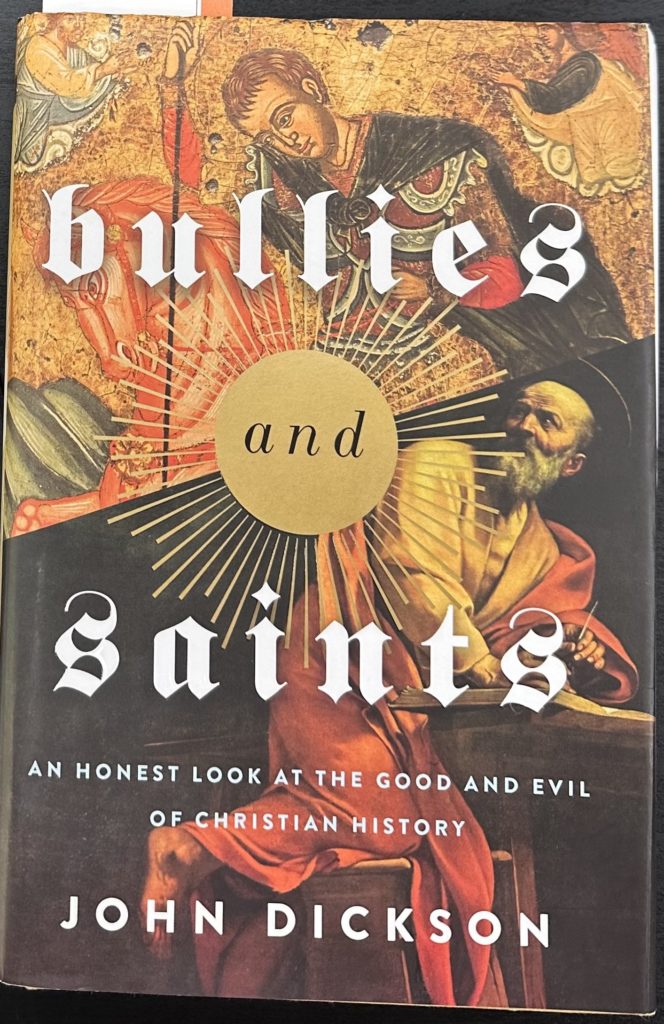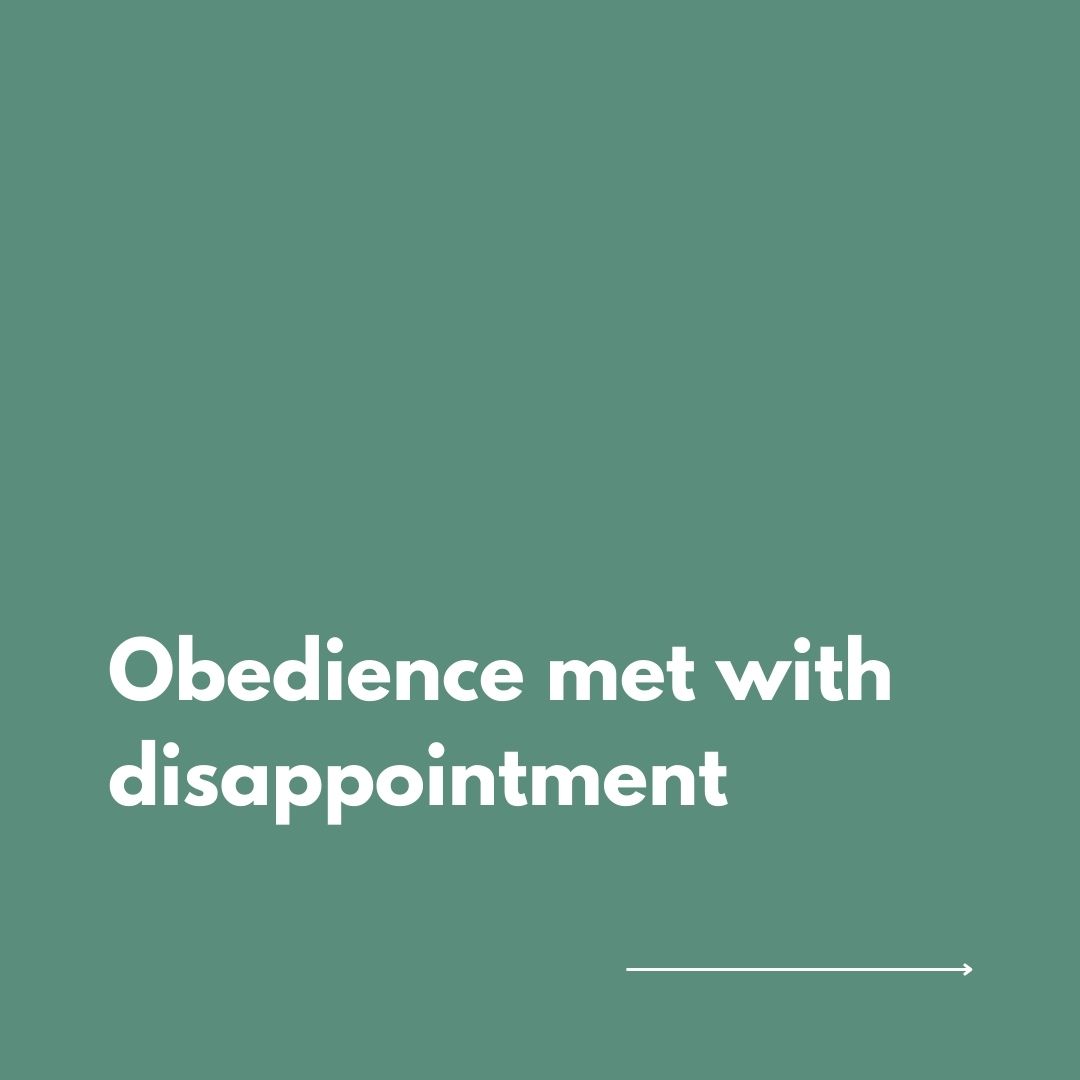We find ourselves amidst the busy season of school and sports, and if you were to glance at our calendar, it would resemble a hodgepodge of colors, each representing different commitments and locations. Balancing family needs, church, work, school, and sports can feel all-encompassing. Alyssa and I are aware that there are periods of heightened activity in our lives, but we are also committed to improving our time management skills to navigate these busy seasons more effectively.
What Does the Bible Say About Time
The Bible mentions how we are to think about time:
- Do not be a sluggard– Proverbs 6:6-11.
- God is in charge of time– Psalm 31:15. It is a gift from God.
- Be mindful of your time– Psalm 37:18; 90:12; James 4:13-17. We do not know what tomorrow has or how many days left we have to live. I recently wrote an article about how many months do we have based on a conversation I had with my kids.
- Be urgent with your time– Ephesians 5:16.
- Be aware of the present– Mark 13:32-33.
Time is a precious gift bestowed upon us, and we have the power to choose whether we reflect on it with remorse over its use or with wisdom, as highlighted in Ephesians 5:15-17. It’s essential to recognize that we act as stewards of the time at our disposal, with the capacity to craft it, maximize it, or squander it. Grateful for its presence, we also bear the responsibility of ensuring we don’t allow it to slip away needlessly.
Make the Most of Your Time
Many of us find ourselves engaged in numerous worthwhile endeavors. However, I’ve come to realize that my children’s involvement in sports isn’t just their activity alone; it’s an opportunity for me to actively participate alongside them.
Learning to discern what holds eternal significance has been pivotal. We don’t want to engage in activities without purpose. Take sports, for instance—it can offer more than just enjoyment (though it’s often quite fun); it can also serve as a platform for us to be witnesses.
In his letter to the Ephesian church, Paul underscores the importance of mindful Christian living, which includes a keen awareness of how we utilize our time (Ephesians 5:16). He isn’t advocating a YOLO mentality; instead, he’s reminding them of their divine calling—to make disciples. This mission lies at the core of every Christian, this one thing and the beauty is that we have the freedom to fulfill it in nearly any setting.
Learn to Say No- Better Commitments
Mastering the art of saying “no” is an ongoing lesson I continue to embrace. Often, we find ourselves compelled to say “yes” for various reasons, sometimes due to a sense of obligation or simply because we struggle with the word “no.” Regardless of the cause, it’s an essential skill in effective time management.
For instance, we’ve implemented a strategy in our family to restrict the number of sports our kids participate in each year, borrowing the wise “two-sport rule” from some friends.
In our lives, there are activities we must undertake, those we desire to engage in, and those that are optional. A key question to ponder is: what consumes the majority of your time? Moreover, how do you determine what holds enduring value and what does not? Additionally, are there areas in which you adamantly safeguard your time and refuse to compromise?
Are there commitments in your life that are monopolizing your time and diverting your attention from serving the Lord? Remember, the things we choose to decline today often pave the way for opportunities to say “yes” in the future.
